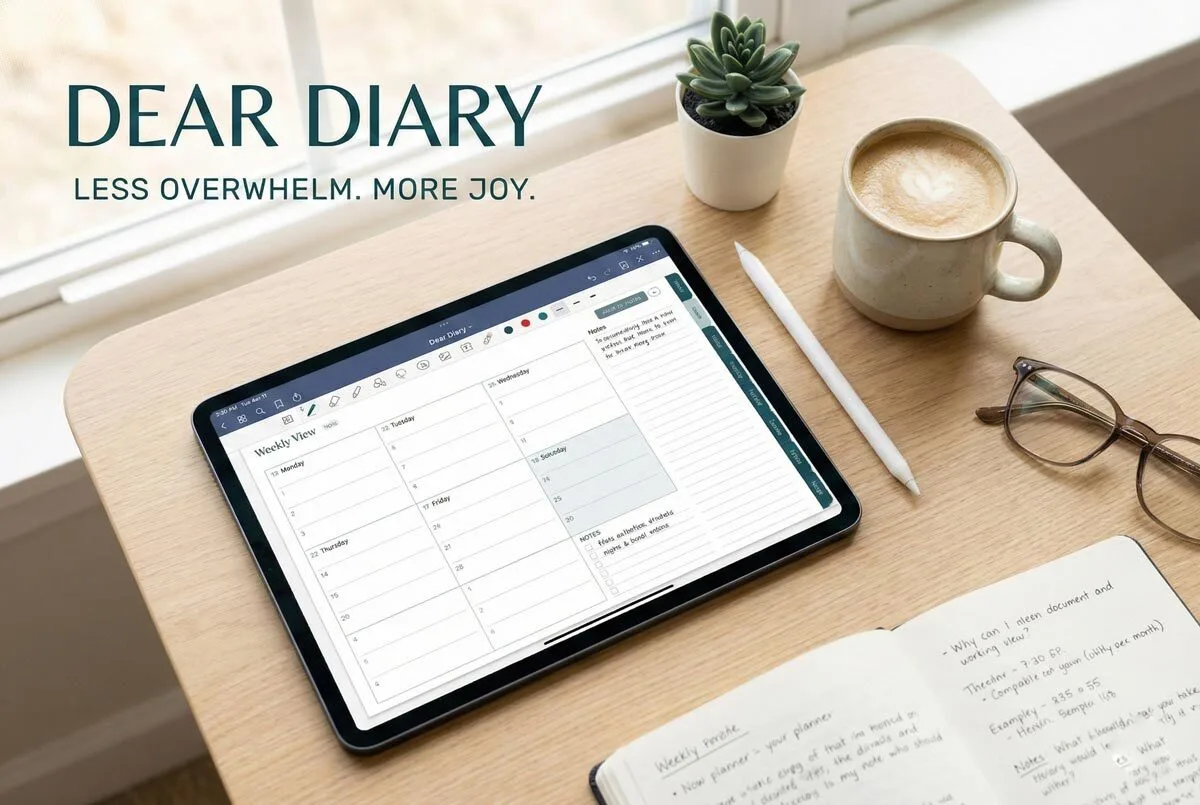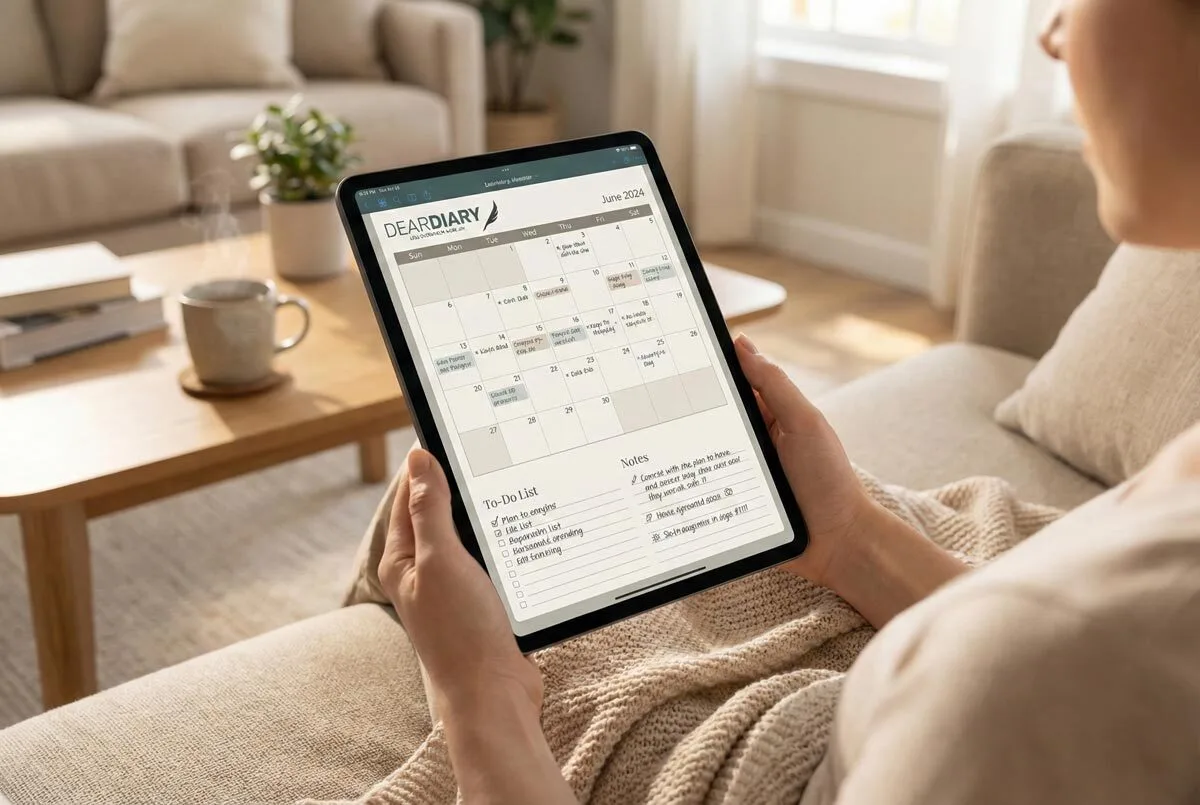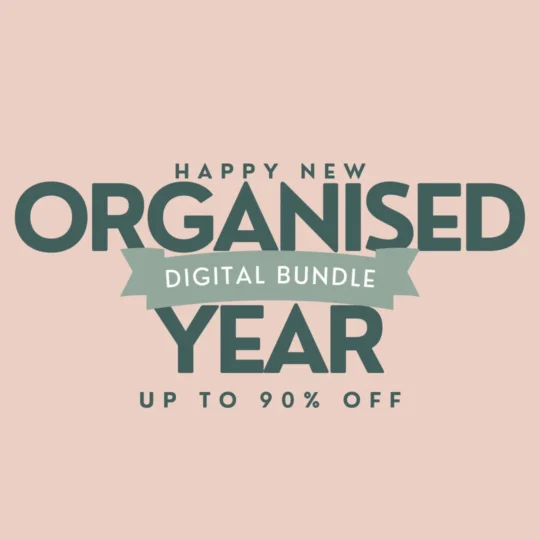You’ll achieve meaningful progress by combining frequent check-ins with structured reflection sessions instead of waiting for annual performance reviews that feel as disconnected from your daily work as last year’s resolutions. Focus on concrete behavioural examples rather than vague impressions, and use modern tools like OKRs to track real-time progress. Regular feedback enhances productivity by 12.5% compared to traditional methods. Create a hybrid approach that emphasises continuous evaluation—your future self will thank you for building these accountability habits now.
While most organisations treat performance reviews like an annual dental checkup—necessary but dreaded—the reality is that effective progress evaluation requires much more intentional design and consistent execution.
You can’t expect meaningful growth from a once-a-year conversation that feels rushed and disconnected from your daily work. The most effective approach combines structured evaluation methods with continuous feedback cycles.
When you’re reviewing your progress, you need concrete behavioural examples to anchor your assessments. This means linking your ratings to real-world scenarios rather than vague impressions. For instance, instead of rating yourself as “good at communication,” identify specific instances where you successfully facilitated difficult conversations or delivered complex information clearly.
Modern performance management tools can notably simplify this process. Platforms like Lattice and 15Five enable regular check-ins that keep you aligned with your goals throughout the year. These systems improve engagement by 11%, belonging by 62%, and development opportunities by 96%.
You’ll find that goal-setting structures like OKRs are particularly beneficial because they provide real-time progress tracking whilst aligning your efforts with company priorities.
Here’s the challenge: 71% of companies still rely primarily on annual review cycles. Yet continuous management outperforms traditional methods by 24%. Teams that receive regular feedback on their strengths are 8.9% more profitable and 12.5% more productive.
Trust and fairness become essential elements in any review process. According to McKinsey, organisations that meet three specific criteria—clear goals, effective coaching, and aligned compensation—report 12 times better review outcomes than those that don’t.
You should confirm your progress reviews incorporate collaborative goal-setting, which strengthens commitment and improves developmental outcomes. Self-assessments encourage self-reflection and ownership, providing valuable insights into your perception of strengths and areas for improvement.
The pitfalls are real and considerable for South African businesses. Traditional annual reviews consume an average of 210 hours per manager yearly, with only 5% reporting satisfaction with the process.
More concerning, 24% of employees consider quitting when they receive inadequate feedback, and 30% of reviews actually harm performance due to process flaws. Additionally, 85% of employees would consider quitting after an unfair assessment.
Your best strategy involves creating a hybrid approach that emphasises continuous feedback whilst maintaining structured evaluation periods. Use behavioural anchors to reduce subjectivity, implement regular check-ins to maintain alignment, and utilise technology to track progress efficiently.
Focus on behaviours rather than just outcomes—22% of forward-thinking organisations are already making this shift. 360-degree feedback enhances self-awareness and accountability by gathering insights from multiple perspectives throughout your organisation.
Remember that effective progress review isn’t about perfect systems; it’s about consistent, meaningful conversations that drive growth. When you participate actively in setting your goals and regularly reflect on specific examples of your performance, you create accountability that changes reviews from dreaded obligations into beneficial development opportunities. Companies with recognition programmes see productivity and engagement levels that are 14% higher than those without such systems.
The key is making progress evaluation an ongoing practice rather than an annual event.
Frequently Asked Questions
How Often Should I Review My Progress to Stay Motivated?
You’ll stay most motivated with weekly progress reviews, modifying frequency based on your project type. Use daily check-ins for urgent tasks, monthly assessments for long-term goals, and alter timing to your performance trends.
What Tools or Apps Work Best for Tracking Personal Development Goals?
You’ll find Habitica and Strides excellent for gamified tracking, whilst GoalsOnTrack breaks objectives into SMART goals. TickTick centralises everything across devices, and Coach.me offers expert templates for specific development areas.
Should I Involve Others in My Progress Review Process?
You should involve others in your progress review process. They’ll provide objective feedback, help identify blind spots, guarantee accountability, and offer diverse viewpoints that improve your self-awareness and accelerate professional growth.
How Do I Handle Setbacks When Reflecting on My Achievements?
Document your setbacks objectively, then identify specific lessons learnt. You’ll reframe failures as growth opportunities whilst tracking cumulative progress that remains intact. Focus on actionable improvements rather than dwelling on disappointments.
What’s the Difference Between Daily Check-Ins and Weekly Progress Reviews?
Daily check-ins focus on immediate task alignment and quick problem-solving in 5-15 minutes. Weekly reviews provide deeper reflection on goal progression and strategic adjustments over 20-45 minutes with richer background.






